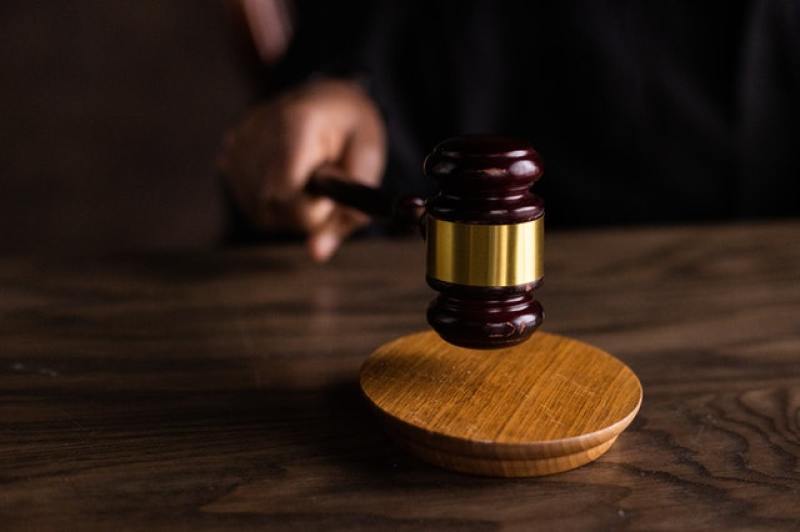
The United States Supreme Court Justice Clarence Thomas blasted Pennsylvania's last-minute changes to the election rules last November saying that "Fraud is more prevalent with mail-in ballots," a report from Christian Headlines said.
As per Christian Headines, the U.S. Supreme Court rejected the cases filed by former President Donald Trump's campaign that questioned the manner in which Pennsyvlania held its election wherein mail-in ballots received three days after elections were still counted in.
Justice Clarence Thomas, Justice Samuel Alito, and Justice Neil Gorsuch attested that the change in the rule of counting mail-in ballots after the election did not change the outcome of federal election but there is a need to hear the cases whose questions being raised are valid and useful in setting guidelines for future elections.
"We are fortunate that the Pennsylvania Supreme Court's decision to change the receipt deadline for mail-in ballots does not appear to have changed the outcome in any federal election. This Court ordered the county boards to segregate ballots received later than the deadline set by the legislature. And none of the parties contend that those ballots made an outcome-determinative difference in any relevant federal election. But we may not be so lucky in the future," Thomas said in his dissent.
The mail-in ballots were very similar to absenteeism or absentee voting, which is prone to cheating and are delivered late because of the mail.
"Absentee voting allows for 'simpler and more effective alternatives to commit fraud' on a larger scale, such as stealing absentee ballots or stuffing a ballot box, which explains 'why all the evidence of stolen elections involves absentee ballots and the like,' " Thomas said, quoting Yale Law School Dean Heather Gerken.
To which Thomas added, "Fraud is more prevalent with mail-in ballots."
Similar to Thomas, Alito expressed concern regarding the case filed by Trump's team that was rejected by the court.
"When a state court holds that a state constitutional provision overrides a state statute governing the manner in which a federal election is to be conducted," Alito said.
"In the cases now before us, a statute enacted by the Pennsylvania Legislature unequivocally requires that mailed ballots be received by 8 p.m. on election day," Alito wrote.
"Nevertheless, the Pennsylvania Supreme Court, citing a provision of the State Constitution mandating that elections 'be free and equal,' altered that deadline and ordered that mailed ballots be counted if received up to three days after the election," Alito added, "Now, the election is over, and there is no reason for refusing to decide the important question that these cases pose."
"As voting by mail becomes more common and more popular. The volume of mailed ballots may continue to increase and thus pose delivery problems similar to those anticipated in 2020," Alito pointed out.
LifeSite News cited Texas Senator Ted Cruz who commented against the mail-in ballots..
"The Pennsylvania Constitution requires in-person voting, except in narrow and defined circumstances," he said. "Late last year, the Pennsylvania Legislature passed a law that purported to allow universal mail-in voting, notwithstanding the Pennsylvania Constitution's express prohibition. This appeal argues that Pennsylvania cannot change the rules in the middle of the game."
It's worth noting that there were numerous allegations of voter fraud in Pennsylvania. Mathematician Bobby Piton, for example, looked at millions of voter records in the state and discovered more than half a million votes from so-called "phantom voters," or voters who appeared from out of nowhere and disappeared just as fast as they came.
Various witnesses with signed affidavits also presented proof of election fraud in Pennsylvania in the recent elections. They presented their testimonies to a Senate hearing led by Doug Mastriano in November.






























